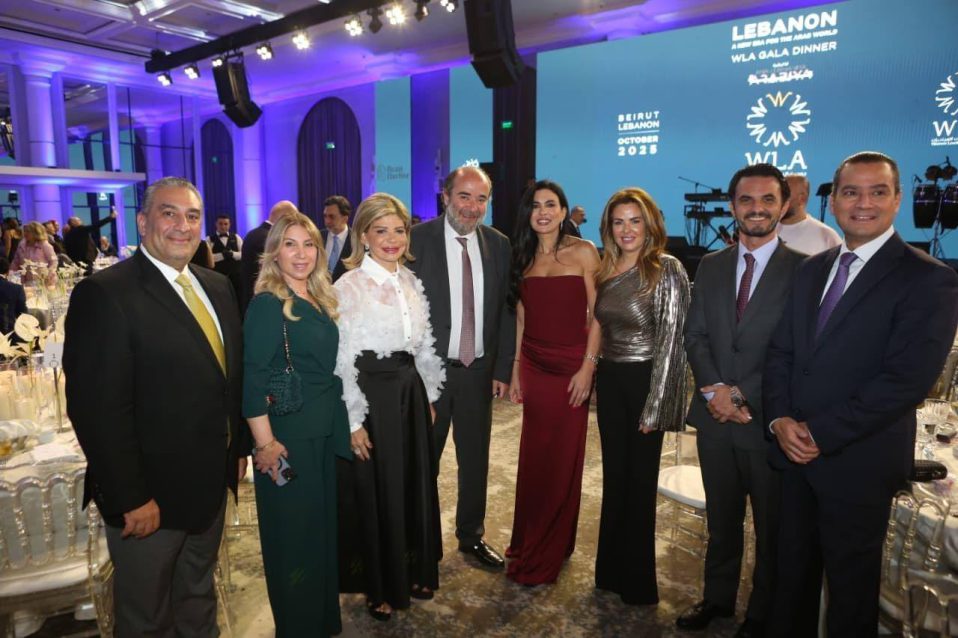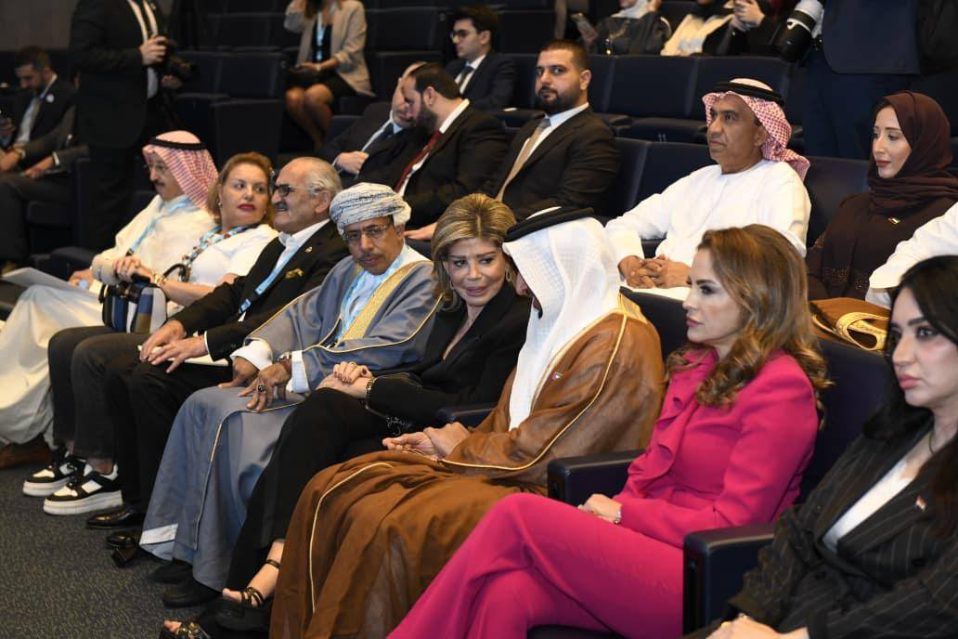I am honored to deliver a speech at the opening of the sixth edition of the “Women on the Frontlines” conference organized by the May Chidiac Foundation. I convey to you the greetings and well wishes of the Prime Minister, and I wish you success and prosperity in your discussions. I welcome you to Amman, the jewel of capitals, the sanctuary of Arabs, the capital of tolerance, harmony, dialogue, and peace. I am delighted to welcome Dr. May Chidiac, who is keen on holding this annual meeting in Amman, bringing together women leaders in their second country, the Hashemite Kingdom of Jordan, which values this gathering and celebrates every guest.
In this conference entitled “Women on the Frontlines,” I would like to emphasize that all decisions, legislations, and measures aimed at supporting and empowering women to be on the frontlines will not enable them to succeed unless they believe in themselves and their abilities. Moreover, the political and social environment must show sufficient respect for women and their role in society and public life.
Based on this belief and recognition of the Jordanian woman’s role, position, capabilities, and achievements, the Hashemite Kingdom of Jordan has entered the beginning of its second century under the direct patronage of His Majesty King Abdullah II, with three paths of modernization: political, economic, and administrative. Empowering women and enhancing their roles in various fields, as well as reducing the accumulated political, economic, and administrative gaps, are among the top priorities of these paths of modernization.
At the forefront of these efforts were the amendments made to the Jordanian constitution, which included rights for women. The most prominent addition was a paragraph to Article 6 stating, “The state ensures the empowerment and support of women to play an active role in building society, ensuring equal opportunities based on justice and fairness, and protecting them from all forms of violence and discrimination.”
In accordance with the royal directives and in response to the new constitutional provisions, the new laws, such as the Election Law for the House of Representatives, the Political Parties Law, the Local Administration Law, the Labor Law, and the Income Tax Law, have included rights for women aimed at supporting and empowering them in various aspects of life. The political impact will depend on the results of the upcoming parliamentary elections, which will be conducted based on the new election and party laws. Similarly, the results of the local elections, as stipulated by the Local Administration Law, will ensure that women are represented in municipal councils and governorate councils by no less than 25%.
On the administrative level of the government, this government has worked to enhance women’s empowerment in occupying advanced government administrative leadership positions. The number of women holding such positions has increased to 18 out of 97 positions, compared to only seven women in 2020 and 11 women in 2021.
As a member of the ministerial committee for women’s empowerment, chaired by Her Excellency our colleague Wafa Bani Mustafa, I would like to emphasize that the government is working according to a clear national strategy and in partnership with all sectors and institutions representing Jordanian women. This includes developing plans, programs, and measures to ensure a safe working environment for women without discrimination or marginalization. The strategy is supported by an inclusive media plan that responds to the new legislative achievements and advocates for women’s, children’s, and youth’s issues. It is important to highlight the role of local media outlets that consistently stood alongside women, their rights, and their fundamental role in development and nation-building.
In conclusion, we hope that our overall policies, legislation, and procedures will achieve the desired goals of women’s empowerment, which is inherently empowering for a secure, cohesive, and strong society in facing future challenges.
Read more: Khasawneh opens 6th ‘Women on Front Lines Conference’ in Jordan




